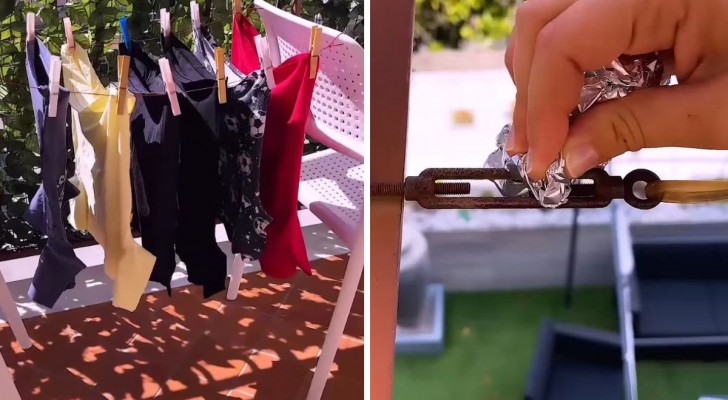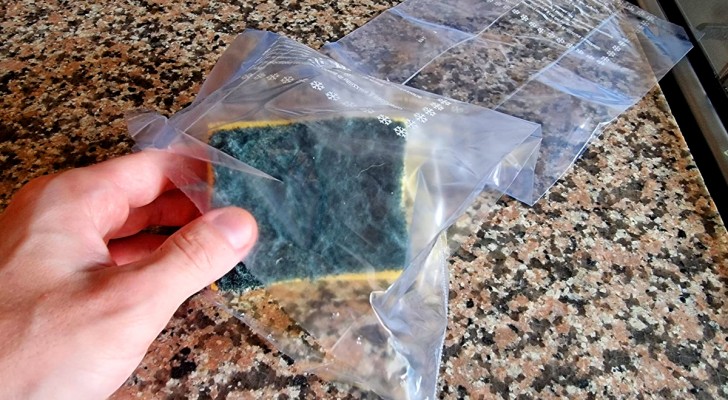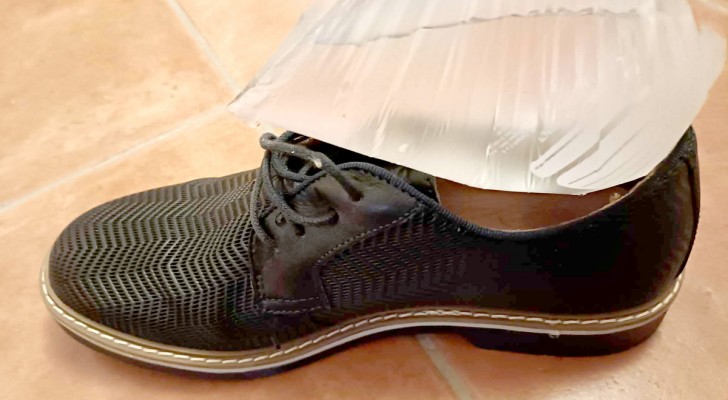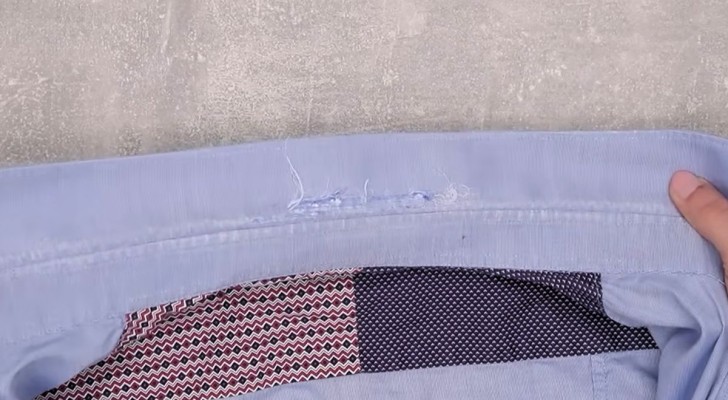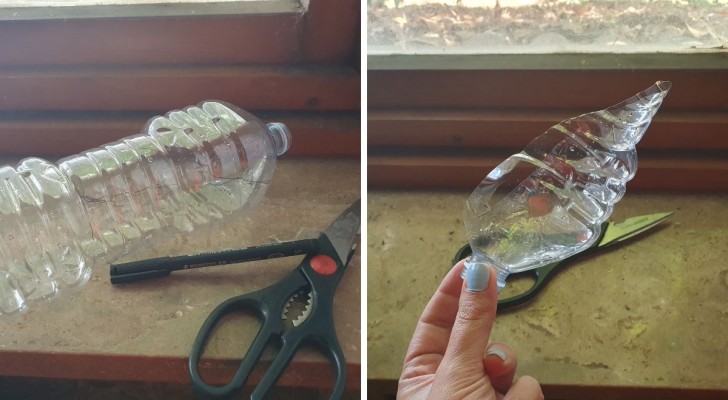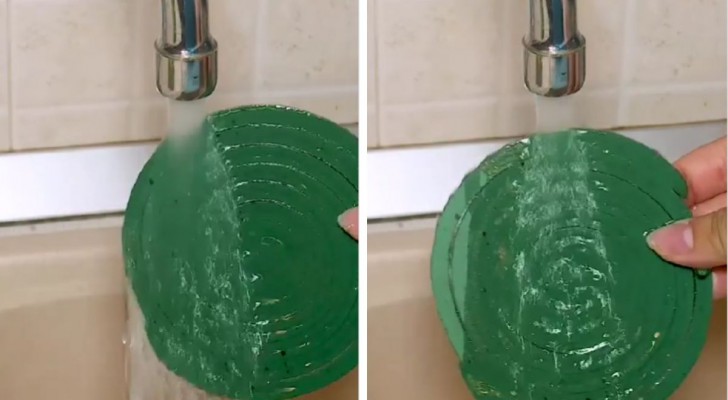Free your radiators from sludge: here's how to do it
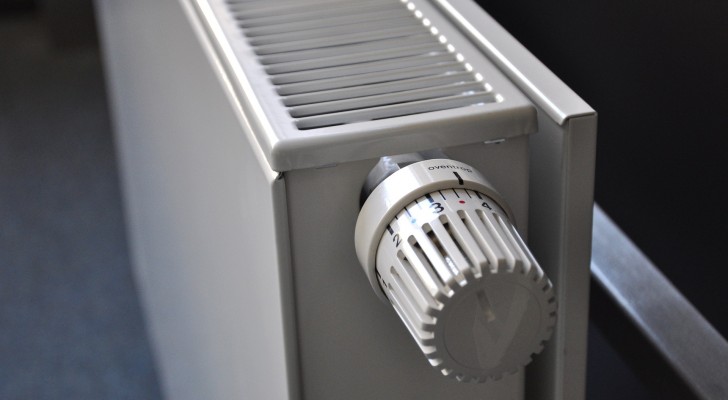
It may happen that you notice that the radiators in the house do not heat up uniformly over their entire surface or, if they do, they are not hot enough to heat up the surrounding environment. This underperformance can have a significant impact on consumption. In fact, a heating system that does not heat properly will tend to stay on for much longer.
This problem can have several causes. One of them - very widespread but underestimated - is the sludge that forms inside the radiator. This is an accumulation of dirt and rust particles which usually settles to the bottom, forming a plug and preventing the proper circulation of the water and, consequently, impeding the heating of the system.
The solution is to get rid of the sludge. This is a task that need not be done by a plumber. Here is a guide on how to do this yourself:
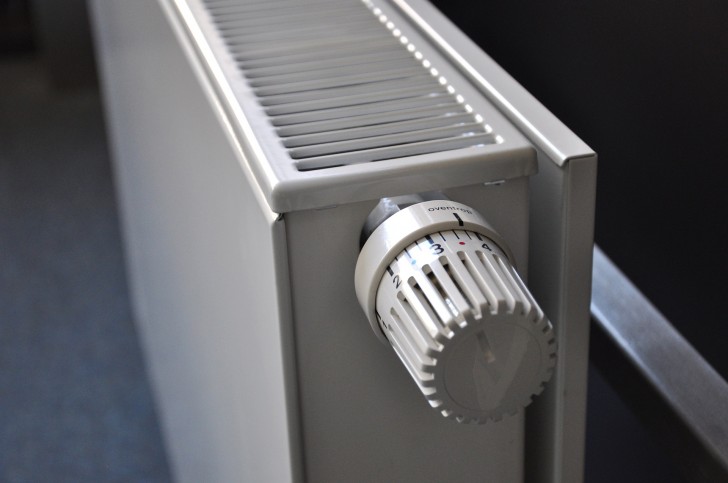
- Turn off the heating and wait a few hours for the radiators to cool down completely;
- Place old towels, rags or sheets under the radiator to prevent the floor getting wet;
- Turn off both radiator valves to disconnect it from the central heating system;
- With the help of a wrench, loosen the nuts that join the valves to the radiator so that you can detach them;
- Placing a pan under the thermostatic valve, open the purge valve, removing the pressure and any residual sludge that comes out. Then close the bleeder valve with the bleeder key;
- At this point, you can unscrew the entire radiator to remove it from the wall and take it outside to where you can clean it;
- Connect the valve to a tap with a rubber hose. This way, the clean water flowing through the radiator will carry the dirt to the outlet;
- To ensure that the cleaning is complete, repeat the operation connecting to all valves;
- Reposition the radiator to the wall, tightening all the nuts and reopening the valves;
- Make sure the boiler pressure is correct and restart the system.
We have briefly summarized the necessary steps. In any case, for safety reasons, it is advisable that this operation be carried out by someone who has some knowledge of thermo-hydraulics.
Good luck!
